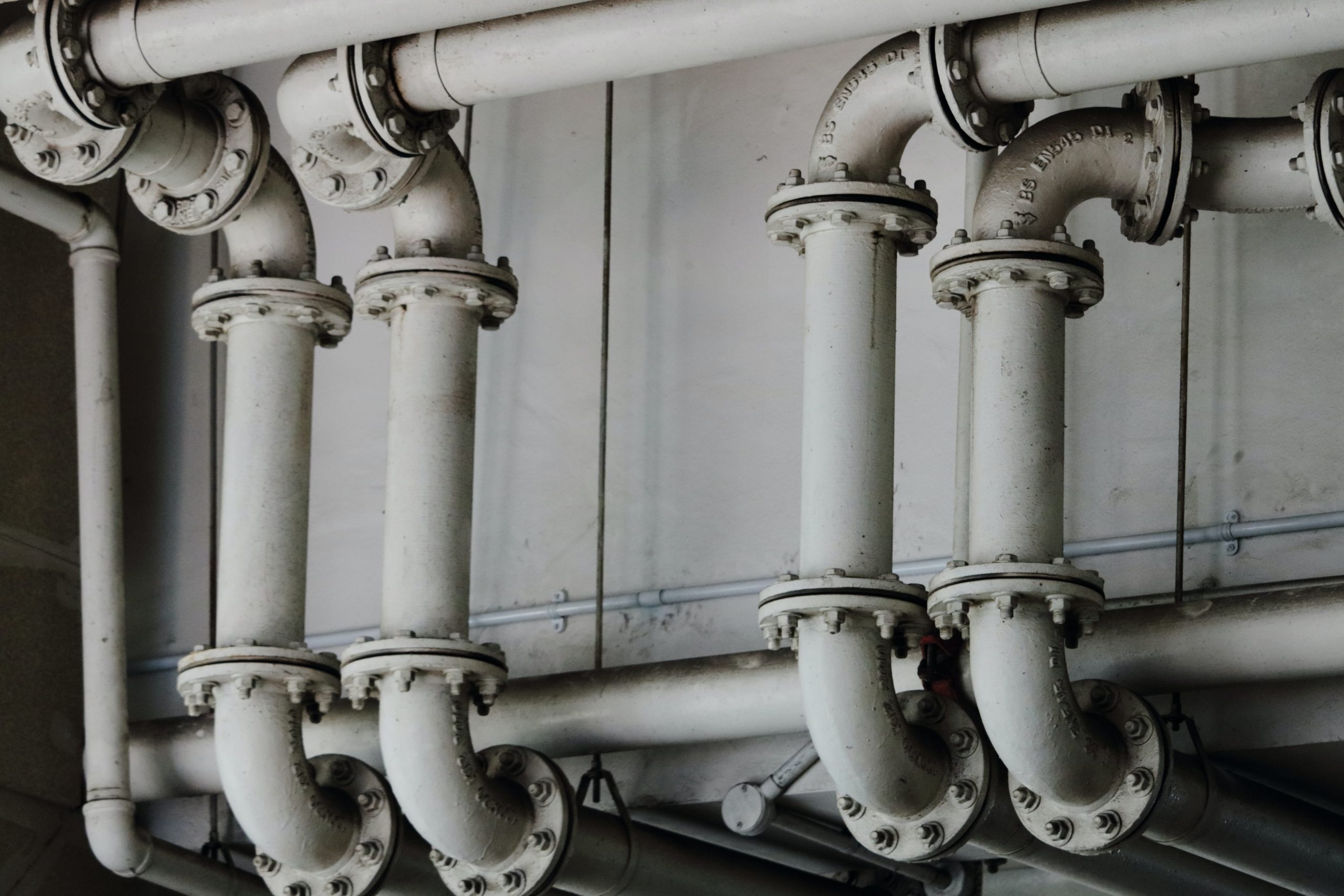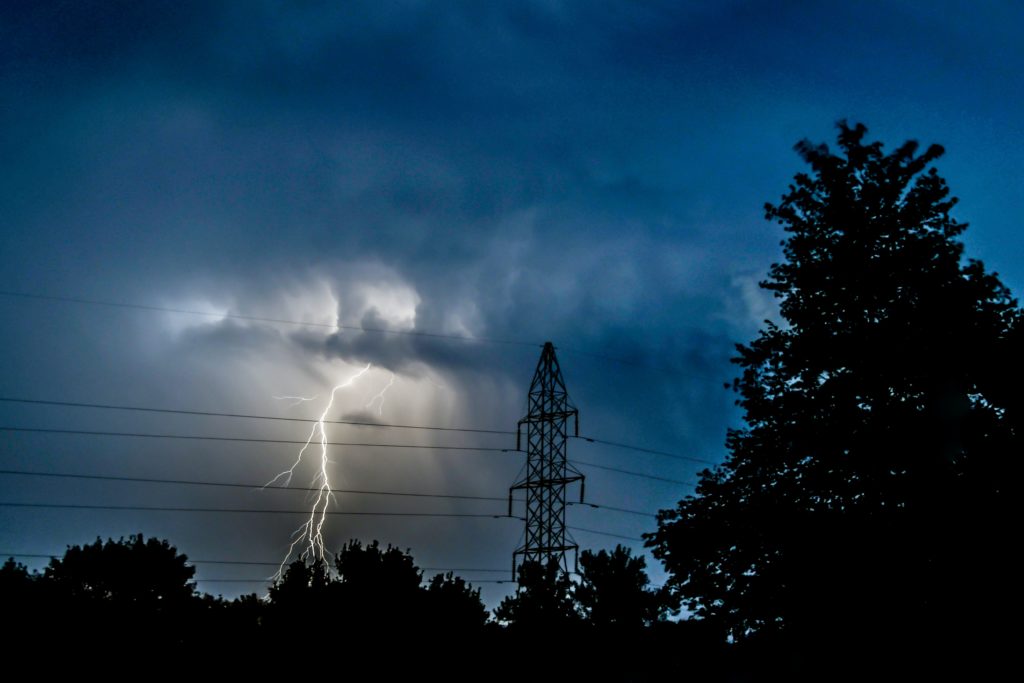| Lewes, Delaware. October 18, 2024: In accordance with the United States Environmental Protection Agency’s (EPA) revised Lead and Copper Rule (LCRR), the Lewes Board of Public Works (Lewes BPW) recently submitted to the State of Delaware an initial inventory of our service lines that connect our water mains to our customers’ homes and businesses. The main goal of the EPA’s LCRR inventory requirement is to determine if any of a water system’s lines are made of lead, so a fair and equitable replacement plan can be developed. This inventory is described as “initial” because the EPA acknowledged it may take utilities years to identify the material of all their service lines. It is important to note Lewes BPW’s drinking water remains completely safe to drink and is lead-free when it enters our water system. However, as water travels through our system to our customers’ faucets, lead can enter the water through service lines or the corrosion of private home or building plumbing Lewes BPW is not responsible for. Lewes BPW’s treatment targets the possibility of lead entering our system or our customers’ plumbing, minimizing the likelihood it may leach into the water. Lewes BPW performs routine water testing to ensure our treatment is effective, and our results are published in our Water Quality Report. During the initial inventory, Lewes BPW made the following findings:· Out of the ~3,700 service lines in our system, 63 were found to be made of lead. 32 lines were found to be made of galvanized material. Even though galvanized lines are not made of lead, the EPA requires that galvanized lines be treated as if they are made of lead because a lead line may have existed in the past and the possibility of exposure is increased. ~1,800 lines are designated “unknown.” The EPA acknowledges in its regulation’s utilities would not be able to identify all its water lines during this initial inventory. Lewes BPW will continue its inventory work until all lines are identified, in full compliance with the Lead and Copper Rule. Every customer served by a lead, galvanized, or “unknown” line will receive a letter directly from Lewes BPW informing them of their finding; what they can do to reduce any possible exposure to lead; and what steps are being taken moving forward. Again, a finding of a lead, galvanized or “unknown” line does not mean a person has been exposed to lead, but that there could be an increased risk of exposure. Lewes BPW’s treatment greatly reduces such a risk. The initial inventory is available at our main office during normal business hours. Using the initial results, Lewes BPW will continue its development of a fair and equitable replacement plan, as required by the LCRR. This work will also enable Lewes BPW’s future compliance with the Lead and Copper Rule Improvements (LCRI) announced on October 8th by the Biden Administration. Under the LCRI, the nation’s water utilities are required to remove all lead service lines and galvanized service lines requiring replacement by 2037. Lewes BPW is reviewing a variety of federal and state funding opportunities to assist with our future Lead and Copper Rule compliance efforts. The LCRR’s inventory provision also requires the nation’s water utilities to determine what materials make up the water service lines on or in the private properties of our customers. This is a much more difficult part of the regulation because Lewes BPW cannot enter our customers’ properties without their permission. As a result, Lewes BPW is asking our customers for help with identifying their private lines. Lewes BPW has produced a survey that walks customers through the identification process and makes it easy for them to submit their results. We continue to ask our customers to take our survey by visiting www.lewesbpwde.gov/lead-and-copper-rule/. “While we still have some work to do, we’re proud of our compliance with the EPA’s revised regulations and our protection of our customers from lead,” said Thomas Panetta, Lewes BPW Board President. “We will always comply with the EPA’s requirements and respectfully ask our customers for their continued help finding lead that may remain in their homes and businesses.” For more information on Lewes BPW’s full compliance with the EPA’s revised Lead and Copper Rule, visit www.lewesbpwde.gov. For more information from the EPA about its EPA’s Lead and Copper Rule, visit www.epa.gov/ground-water-and-drinking-water/revised-lead-and-copper-rule. |

